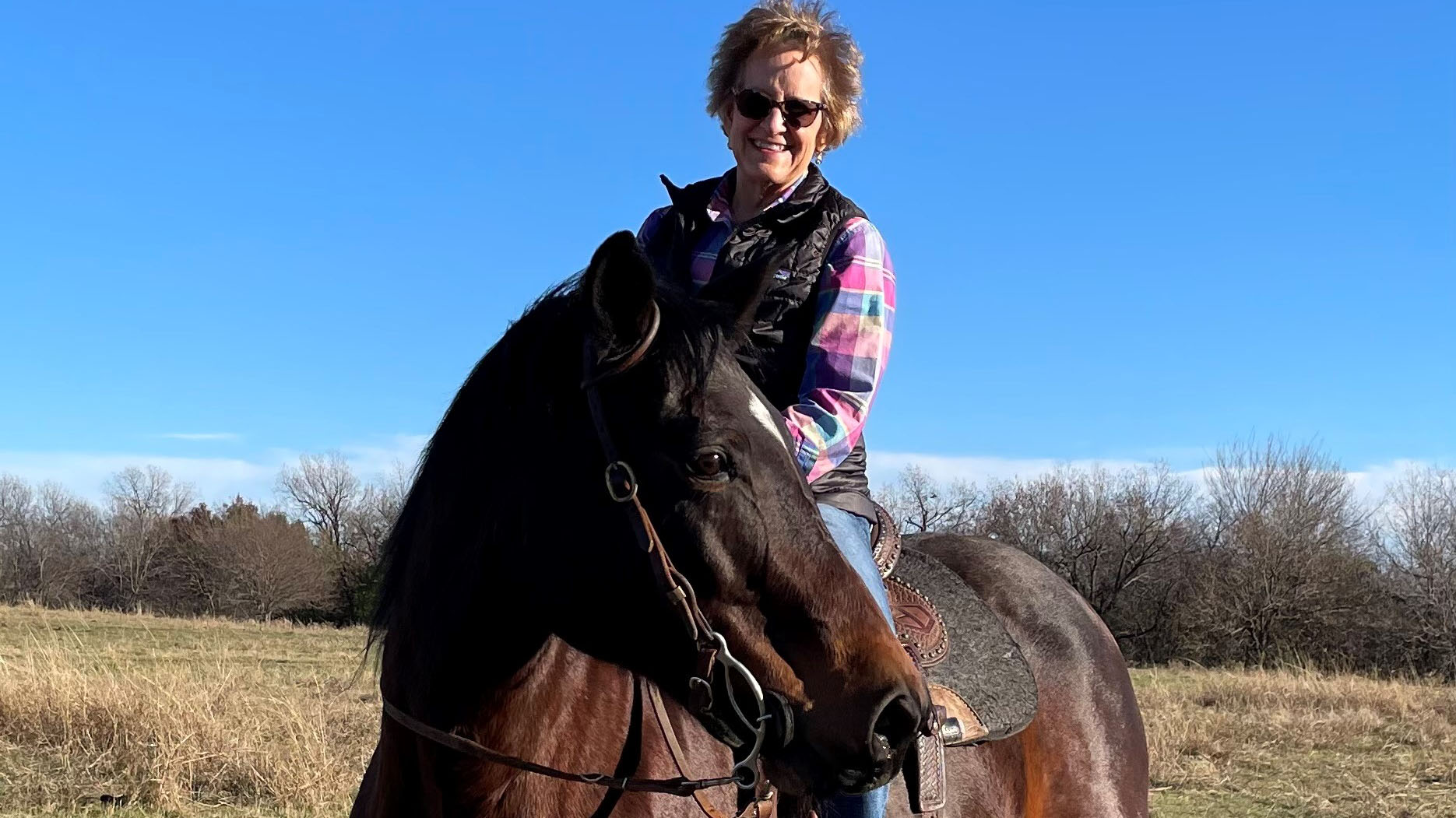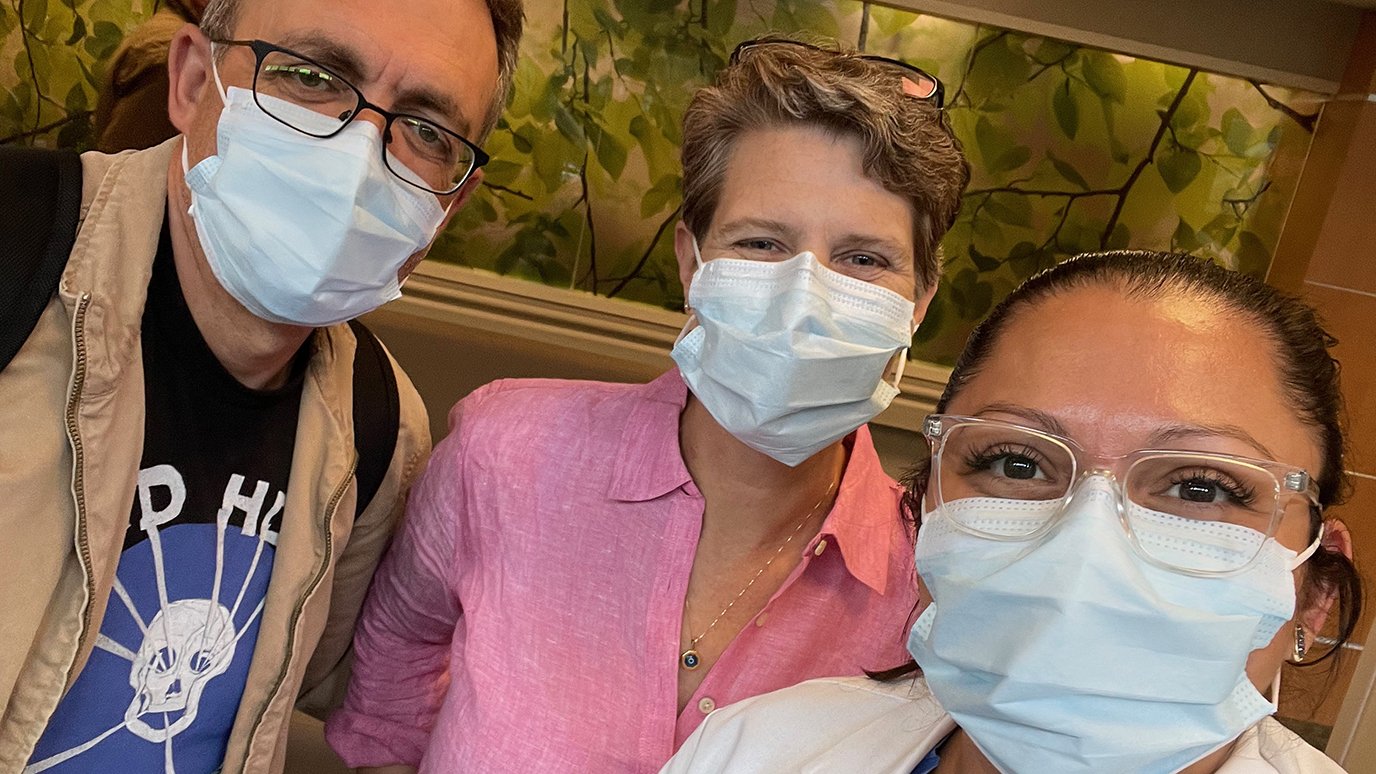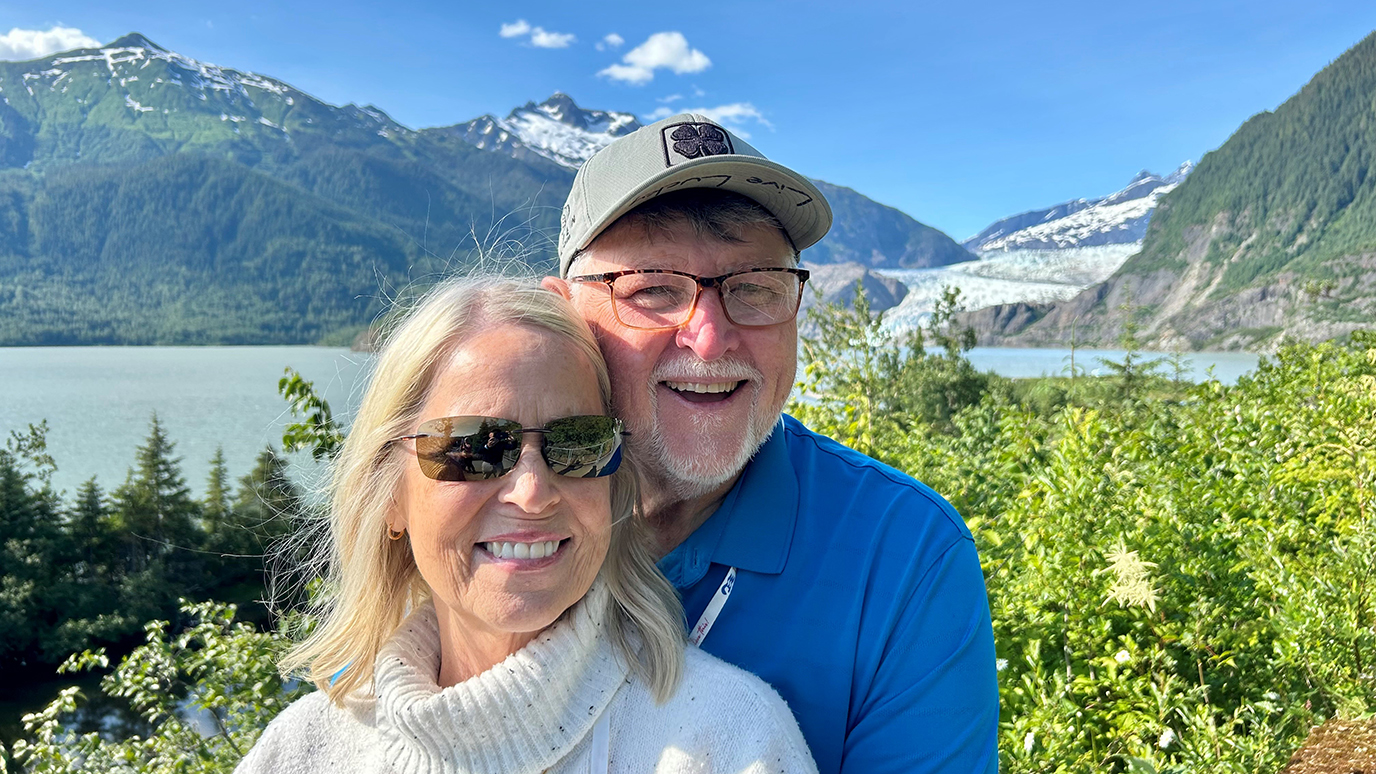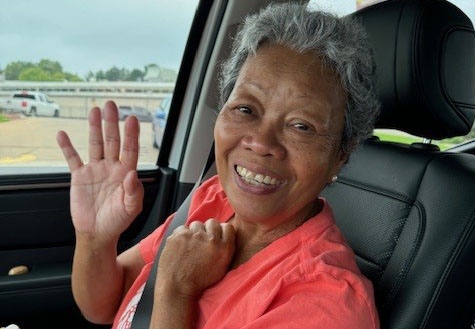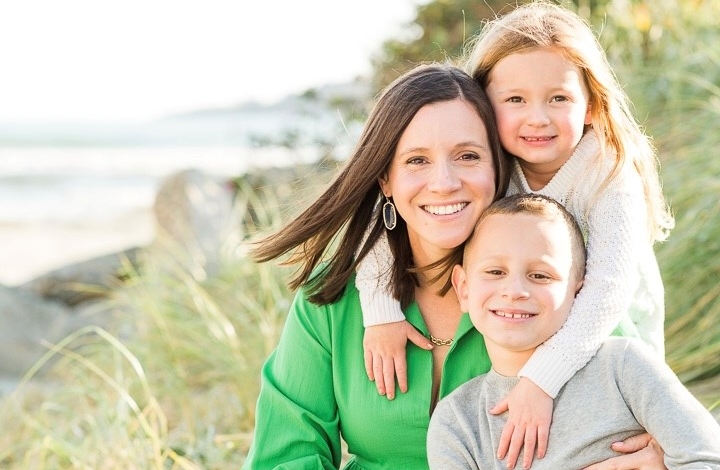- Diseases
- Acoustic Neuroma (16)
- Adrenal Gland Tumor (24)
- Anal Cancer (70)
- Anemia (2)
- Appendix Cancer (18)
- Bile Duct Cancer (26)
- Bladder Cancer (74)
- Brain Metastases (28)
- Brain Tumor (234)
- Breast Cancer (728)
- Breast Implant-Associated Anaplastic Large Cell Lymphoma (2)
- Cancer of Unknown Primary (4)
- Carcinoid Tumor (8)
- Cervical Cancer (164)
- Colon Cancer (168)
- Colorectal Cancer (118)
- Endocrine Tumor (4)
- Esophageal Cancer (44)
- Eye Cancer (36)
- Fallopian Tube Cancer (8)
- Germ Cell Tumor (4)
- Gestational Trophoblastic Disease (2)
- Head and Neck Cancer (14)
- Kidney Cancer (130)
- Leukemia (342)
- Liver Cancer (50)
- Lung Cancer (286)
- Lymphoma (278)
- Mesothelioma (14)
- Metastasis (30)
- Multiple Myeloma (100)
- Myelodysplastic Syndrome (60)
- Myeloproliferative Neoplasm (6)
- Neuroendocrine Tumors (16)
- Oral Cancer (102)
- Ovarian Cancer (178)
- Pancreatic Cancer (162)
- Parathyroid Disease (2)
- Penile Cancer (14)
- Pituitary Tumor (6)
- Prostate Cancer (150)
- Rectal Cancer (58)
- Renal Medullary Carcinoma (6)
- Salivary Gland Cancer (14)
- Sarcoma (238)
- Skin Cancer (302)
- Skull Base Tumors (56)
- Spinal Tumor (12)
- Stomach Cancer (66)
- Testicular Cancer (28)
- Throat Cancer (92)
- Thymoma (6)
- Thyroid Cancer (100)
- Tonsil Cancer (30)
- Uterine Cancer (86)
- Vaginal Cancer (18)
- Vulvar Cancer (22)
- Cancer Topic
- Adolescent and Young Adult Cancer Issues (22)
- Advance Care Planning (12)
- Biostatistics (2)
- Blood Donation (18)
- Bone Health (8)
- COVID-19 (360)
- Cancer Recurrence (120)
- Childhood Cancer Issues (120)
- Clinical Trials (628)
- Complementary Integrative Medicine (22)
- Cytogenetics (2)
- DNA Methylation (4)
- Diagnosis (240)
- Epigenetics (6)
- Fertility (62)
- Follow-up Guidelines (2)
- Health Disparities (14)
- Hereditary Cancer Syndromes (128)
- Immunology (18)
- Li-Fraumeni Syndrome (8)
- Mental Health (122)
- Molecular Diagnostics (8)
- Pain Management (62)
- Palliative Care (8)
- Pathology (10)
- Physical Therapy (18)
- Pregnancy (18)
- Prevention (940)
- Research (390)
- Second Opinion (78)
- Sexuality (16)
- Side Effects (616)
- Sleep Disorders (10)
- Stem Cell Transplantation Cellular Therapy (216)
- Support (408)
- Survivorship (330)
- Symptoms (182)
- Treatment (1794)
Stomach cancer survivor to complete cross-country bike trip
6 minute read | Published December 01, 2021
Medically Reviewed | Last reviewed by an MD Anderson Cancer Center medical professional on December 01, 2021
When Daniel ‘Joe’ Einspahr, M.D., and his son bike into Virginia Beach next summer, they will have more than one reason to celebrate. Not only will the day mark the completion of a father-son cross-country bike trip that has spanned eight summers, 11 states, and over 3,000 miles, but also triumph over one major obstacle: stomach cancer.
Starting a cross-country bike trip
The cross-country journey began in summer 2014 when Joe and his younger son, Chase, biked from Florence, Oregon, to Boise, Idaho. “Every year since then, we've added a segment to our trip,” says Joe. “We go to where we finished and ride another segment."
Over the next three summers, Joe and Chase dedicated one week to completing another part of their journey. Biking between 100 and 200 miles each day, they went from Boise, Idaho, to Salt Lake City, Utah, in 2015; Salt Lake City to Imperial, Nebraska, in 2016; and Imperial to Columbia, Missouri, in 2017.
Aside from allowing Joe to see new parts of the country, these trips have been bonding experiences for the Einspahr family with Joe’s wife, Kim, and older son, Duncan, occasionally joining them along the route in their camper.
Receiving a stomach cancer diagnosis
In the spring of 2018, about three months before Joe and Chase were scheduled to set off on the fifth leg of their trip, Joe started experiencing mild symptoms like feeling hungry after having just eaten. He chalked it up to a stomach ulcer or reflux, but when using an antacid didn’t improve his symptoms, Joe saw a gastroenterologist for an endoscopy. The results showed stomach cancer.
“If I weren’t in the medical field, I probably would’ve just continued to ignore it until something else happened. I just felt like I couldn’t explain it, so I needed to get it checked out and I did,” says Joe.
Instead of heading out on a bike trip, Joe stayed close to home for treatment, which included three rounds of chemotherapy, a partial gastrectomy surgery to remove the majority of his stomach and surrounding lymph nodes, and another three rounds of chemotherapy.
While Joe was able to use his stationary bike during pre-surgery chemotherapy, recovering from surgery kept him off his bike — at least for a time. “Once I got into the recovery from surgery, it was pretty evident that there was not going to be any bike trip that year,” says Joe. “Recovery was a motivator to get back to biking again.”
But by summer 2019, Joe was back in shape and ready for the next leg of the journey. This time, the route from Columbia, Missouri, to Lexington, Kentucky, was made all the more special because it included a stop in Paducah, Kentucky, where Joe had worked earlier in his career.
Treating stomach cancer recurrence at MD Anderson
But Joe’s cancer returned before a 2020 bike trip could take place. The chemotherapy had been so effective that, by the time of surgery, his pathology reports were negative, and it was difficult to tell where the cancer had been. A small amount of cancer was left following surgery, which caused the cancer to grow in what remained of his stomach.
“At this point, all my treatment was in Omaha and they weren't sure what to do with me. They don't see a lot of stomach cancer, and it was an unusual situation to have a local recurrence,” says Joe.
When a friend from medical school suggested MD Anderson, Joe made an appointment. In February 2020, Joe travelled to Houston where he met with surgeon Brian Badgwell, M.D.
Badgwell recommended Joe undergo chemotherapy and radiation before he would perform surgery to remove the rest of Joe’s stomach — connecting his esophagus directly to his small intestine — along with the removal of his spleen and portions of his colon and pancreas. “They knew exactly what needed to be done,” says Joe. “So, my wife and I pulled our camper down to Houston and we lived in an RV park until I had my surgery.”
During this time, Joe underwent genetic testing. The results showed he had a BRAC2 gene mutation, which can be inherited and increase the risk of certain cancers. Joe’s mother, who is adopted, also has a BRAC2 mutation. While he was at MD Anderson, Joe notified his mother’s birth family about the condition. “The family wasn't really aware of the gene; they just saw it as ‘Well, there's a lot of cancer in our family.’ MD Anderson got me some information I could send out to family that I don't necessarily know well,” says Joe.
With surgery scheduled for May, Joe began radiation therapy under the care of Emma Holliday, M.D. It was at this time that COVID-19 started to spread in the United States, leading MD Anderson to limit visitors. “COVID-19 hit very shortly after we got there. MD Anderson became a ghost town,” says Joe.
While his surgery went on as planned, Joe wasn’t allowed visitors during the 10-day hospital stay after his surgery.
Fortunately, surgery went well and, after recovering in Houston, Joe and Kim returned home to Nebraska.
Getting back on the bike following a full gastrectomy
By summer 2021, Joe and Chase were back on their bikes heading from Lexington, Kentucky, to Charlottesville, Virginia, where Joe had completed his medical residency.
Of course, biking long distances after a complete gastrectomy required Joe to make some changes, particularly in regard to how he fueled himself for the journey.
“It's hard to go out and ride your bike 100 miles when you don't have a stomach. You can't get up and eat a big breakfast and hop on the bike and go; it tends to be a little bit more planning, a little more eating on the move. But we've adapted pretty well to it and didn't have any trouble this summer,” says Joe.
Continuing to live after cancer
Today, Joe has returned to working full-time as director of the hospitalist program at a hospital in Hastings, Nebraska.
He meets with his care team — which includes Badgwell, Holliday, and Mariela Blum Murphy, M.D. — at MD Anderson’s Gastrointestinal Cancer Center for follow-up scans every six months. He is also working with his care team to find clinical trials focused on the prevention of and early detection for pancreatic cancer, which he is at a higher risk for because of BRAC2 mutations.
His advice to other patients? “There's a lot of hope even though you get a diagnosis that’s pretty ominous,” Joe says. “People shouldn't lose sight of that.”
Now, with the final leg of his bike journey in sight, Joe and his wife are preparing an extra special 2022 Fourth of July celebration that will involve their entire family. And, like many of the other destinations Joe and Chase have biked through, their final destination is no accident. “When the boys were little, we'd go down to Virginia Beach frequently,” says Joe. “We've had a lot of good family vacations in Virginia Beach.”
While Chase was in high school when the pair began biking together, he is now married with a child of his own. Duncan, too, is married and a father of two. Both families will be in attendance to celebrate Joe and Chase’s accomplishment.
“It's an achievement that I didn't know that I would have an opportunity to do just a few years ago,” says Joe. “It's going to be a sense of accomplishment and completion. At the same time, I'm doing well with my cancer. I'm not looking at this as something I’ve got to get done before I die. It shows that you can continue to live and experience things even when you're dealing with adversity like cancer treatment.”
Request an appointment at MD Anderson online or by calling 1-866-351-3471.
Related Cancerwise Stories

You can continue to live and experience things even when you're dealing with adversity like cancer treatment.
Joe Einspahr, M.D.
Survivor

